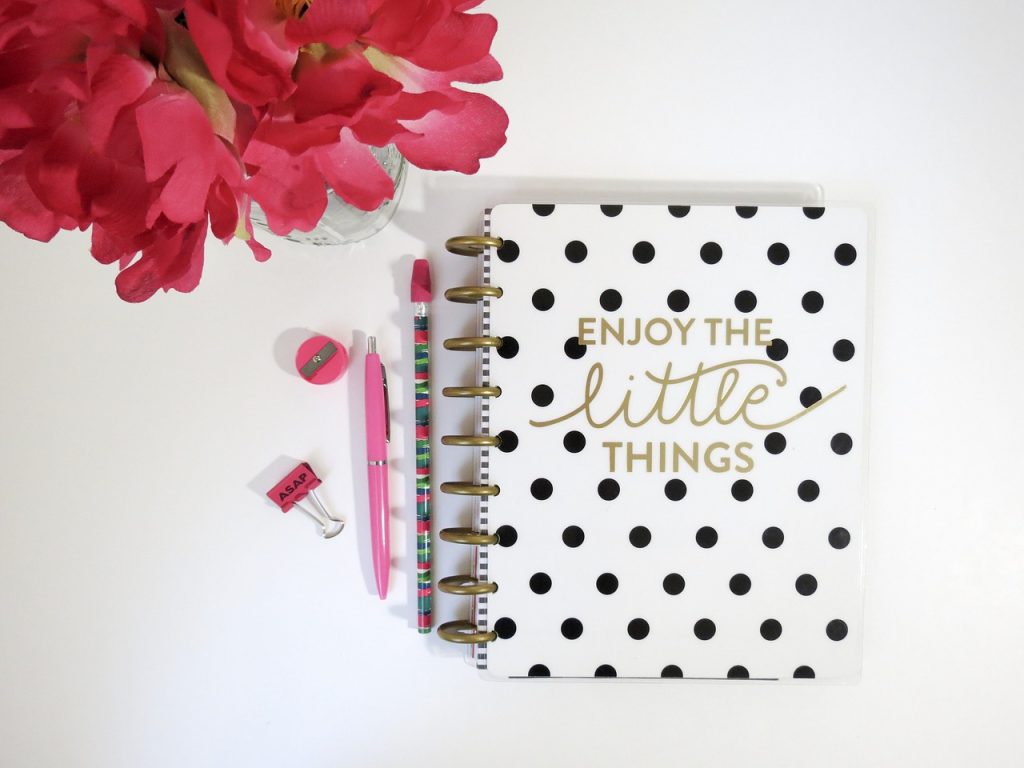You’ve had two glorious, sun-soaked, weeks, lying in bed until 11am if you want, walking at your own pace, negotiating stairs without a pushchair, eating leisurely meals without having to give anyone else a taste, wearing clothes that would stain if even near playdough and going to the loo in peace…. and now you must go back to work.
You’ve had two glorious, sun-soaked, weeks, lying in bed until 11am if you want, walking at your own pace, negotiating stairs without a pushchair, eating leisurely meals without having to give anyone else a taste, wearing clothes that would stain if even near playdough and going to the loo in peace…. and now you must go back to work.
You’ve missed the little munchkins. You’ve found yourself singing ‘baa baa black sheep’ as you walk along, you can’t stand still (instead you bob and sway which is perfectly natural with a baby in your arms but makes you look a bit odd without one) and you’re constantly pointing out cows, birds and boats to your slightly bemused family and friends. But still it’s been holiday….and now you must go back to work.
Your charges have also been on holiday. They’ve missed their nanny, but they’ve had the undivided attention of their parents, and grandparents too, with late nights and as much TV and ice cream as they want. It’s a shock to the system all round, compounded by the fact that you are supposed to be Nanny Sunshine while your bosses grouch off on their commute (or skip merrily out the door, pleased to be back in the office).
You unilaterally decide it’s going to be a bit of a lazy day, a slow breakfast, a trip to the park in the morning, a quick to prepare lunch (check the fridge in case there isn’t any food, revise plans for trip to the park and Tesco in the morning), make some cakes for tea and some holiday inspired artwork in afternoon. A quick smile as you compare your plans for the day with the equivalent that’s waiting for your boss, and most of your friends. You have no inbox full of urgent emails, just a full laundry basket, and no great crisis to deal with apart from the nap and/or potty-training regressions, but you’ll have them sorted in no time. You also get cake later.
Together you make exciting plans: swimming, seeing friends, measuring how tall the sunflowers have grown. You notice all the things they’ve learnt to do over the past fortnight, their new words, how tall they’ve grown. They tell you about their holiday, you tell them edited highlights of yours. They ask if they can come with you next year, you laugh. You go and swing, slide and scrabble in the sand. Somehow building a sandcastle is more satisfying in the park with children than it is on a beach without.
You chuck in a load of laundry when you get home and prepare bizarre sandwich fillings that seem more logical to you than some of the food you’ve tasted over the last couple of weeks. You wonder what the 3-year-old would have thought about the chicken and banana curry sandwich you tried and consider finding a recipe just to see, only to conclude you didn’t like it that much. After lunch it’s nap time, but you call it a siesta in an exaggerated Spanish accent to prolong the holiday mood and say you’ll make ‘sangria’ for their snack. Laundry out, laundry in, make list of jobs to do over the next week, look up new activities starting in September, put dinner on, finally succeed in drinking an entire cup of coffee.
The afternoon passes messily: flour, sugar, icing sugar, paint. Tidying up is a shock to the system but a quick bit of improv turns it into a game. You have a quick internal debate about the order of bath and dinner but as dinner involves tomato sauce you decide it’s better to do a quick wipe now and have a slightly sticky dinner than risk having to do bath twice.
You know why you’re lucky to be back at work at the end of the day, when your boss arrives grimy and tired to clean and happy children (and two leftover portions of spag bol because you were feeling generous) and your charges hug you goodbye, frantically reminding you that you promised they could go swimming tomorrow.
You have the best job in the world. You’re a nanny.












